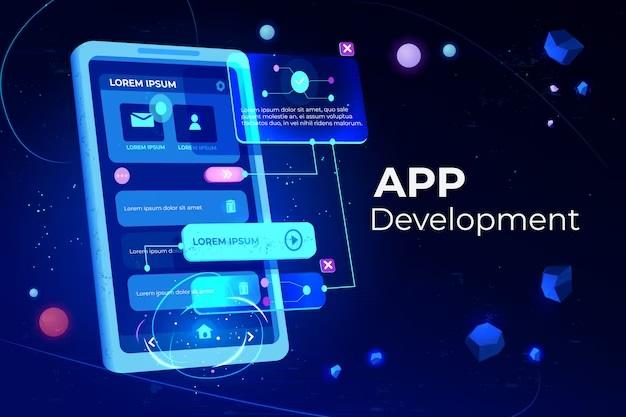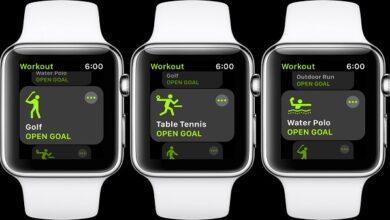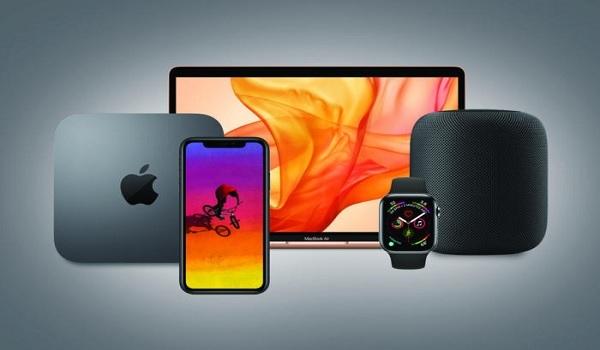Ultimate Guide to Gojek Clone App Development

In recent years, the on-demand service industry has witnessed exponential growth, with multi-service platforms like Gojek leading the charge. Gojek, a Southeast Asian unicorn, offers a multitude of services such as ride-hailing, food delivery, grocery delivery, and more, all within a single app. This comprehensive model has inspired many entrepreneurs and developers to create similar platforms, known as Gojek clone apps. This ultimate guide will delve into the essential aspects of Gojek clone app development, covering its benefits, key features, development process, and crucial considerations for success.
Benefits of Developing a Gojek Clone App
- Diverse Revenue Streams: A Gojek clone app integrates multiple services, providing various revenue streams such as commissions from service providers, delivery charges, in-app advertisements, and subscription fees. This diversity ensures a steady income flow and financial stability.
- Market Demand: The demand for on-demand services continues to rise, driven by consumer preference for convenience and instant access to services. A Gojek clone app can cater to this growing market, offering a wide range of services from one platform.
- Cost Efficiency: Developing a single app for multiple services is more cost-effective than creating separate apps for each service. It reduces development time, resource allocation, and maintenance costs, making it a viable business model.
- Customer Retention: By offering multiple services in one app, you can enhance customer retention. Users are more likely to stay engaged with an app that meets diverse needs, leading to higher user loyalty and increased app usage.
- Brand Recognition: A multi-service app can quickly establish brand recognition and trust. Users appreciate the convenience of accessing various services from a single platform, which can enhance your brand’s reputation and market presence.
Key Features of a Gojek Clone App
- User-Friendly Interface: The app should have an intuitive and easy-to-navigate interface, ensuring a seamless user experience. Clear menus, concise service descriptions, and a straightforward booking process are essential.
- Multiple Services Integration: The app must integrate a wide range of services such as ride-hailing, food delivery, grocery delivery, courier services, and more. Each service should have dedicated sections within the app, with tailored functionalities.
- Real-Time Tracking: Real-time tracking is crucial for services like ride-hailing and delivery. Users should be able to track their service providers or deliveries on a map in real time, enhancing transparency and reliability.
- Secure Payment Gateway: Integrating a secure and reliable payment gateway is essential. The app should support various payment methods, including credit/debit cards, digital wallets, and cash on delivery, ensuring a smooth and secure transaction process.
- Ratings and Reviews: Allowing users to rate and review service providers is important for maintaining quality. This feature helps in building trust among users and enables service providers to improve based on feedback.
- Notifications and Alerts: Push notifications and alerts keep users informed about their bookings, order status, promotions, and offers. Timely notifications enhance user engagement and keep them updated.
- Customer Support: Providing robust customer support within the app is vital. Users should have access to support channels such as in-app chat, email, or a helpline for resolving issues and queries promptly.
- Admin Dashboard: An efficient admin dashboard is necessary for managing operations, tracking performance, and overseeing service providers. It should offer analytics, reporting tools, and controls for managing users and services.
Development Process of a Gojek Clone App
- Market Research and Planning: Conduct thorough market research to understand the demand for various services in your target market. Identify potential competitors and analyze their strengths and weaknesses. Use this information to plan your app’s features, pricing strategy, and unique selling points.
- Choosing the Right Technology Stack: Selecting the appropriate technology stack is crucial for the app’s performance and scalability. Common technologies for Gojek clone app development include:
- Front-end: React Native, Flutter
- Back-end: Node.js, Express.js
- Database: MongoDB, MySQL
- Real-Time Tracking: Google Maps API, Mapbox
- Payment Gateway: Stripe, PayPal, Razorpay
- UI/UX Design: Design a user-centric interface with a focus on usability and aesthetics. Create wireframes and prototypes to visualize the app’s layout and functionalities. Ensure the design is consistent across all services and user-friendly.
- App Development: Start the development process by creating the app’s front-end and back-end. Implement essential features such as user registration, service listings, booking management, real-time tracking, payment integration, and notifications. Ensure the app is scalable to accommodate future growth.
- Testing and Quality Assurance: Conduct rigorous testing to identify and fix bugs and performance issues. Perform functional testing, usability testing, security testing, and performance testing to ensure the app works seamlessly across different devices and scenarios.
- Launch and Marketing: Once the app is thoroughly tested and refined, launch it on relevant app stores. Develop a comprehensive marketing strategy to promote the app, including digital marketing, social media campaigns, influencer partnerships, and targeted advertisements.
- Post-Launch Support and Maintenance: Post-launch support is crucial for addressing user feedback, fixing issues, and releasing updates. Regularly monitor the app’s performance and user reviews to make necessary improvements and introduce new features.
Crucial Considerations for Success
- Scalability: Design your app to be scalable, accommodating an increasing number of users and services without compromising performance. Scalability ensures your app can grow with your business.
- Legal Compliance: Ensure your app complies with local laws and regulations, especially those related to data privacy, payment processing, and service provider agreements. Legal compliance is essential to avoid potential legal issues.
- Security: Implement robust security measures to protect user data and transactions. Use encryption, secure APIs, and regular security audits to safeguard your app against breaches and cyber threats.
- User Feedback: Continuously gather and analyze user feedback to improve your app. User feedback is invaluable for identifying areas for improvement and enhancing user satisfaction.
- Competitive Pricing: Develop a competitive pricing strategy that attracts users while ensuring profitability. Consider offering introductory discounts, loyalty programs, and referral bonuses to build a strong user base.
Conclusion
Developing a Gojek clone app presents a lucrative opportunity in the burgeoning on-demand service market. By understanding the benefits, incorporating essential features, following a structured development process, and considering crucial factors for success, you can create a comprehensive and user-friendly multi-service platform. As the demand for convenience and instant access to services continues to grow, a well-executed Gojek clone app can position you for success in this dynamic industry.



